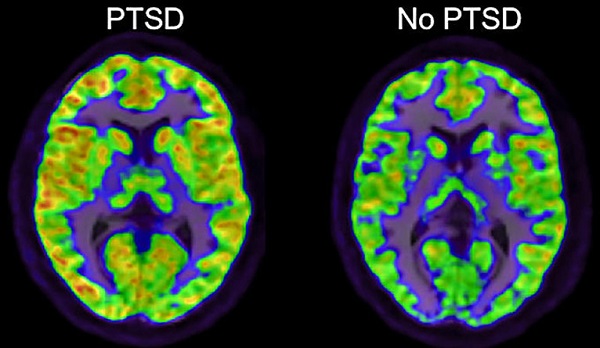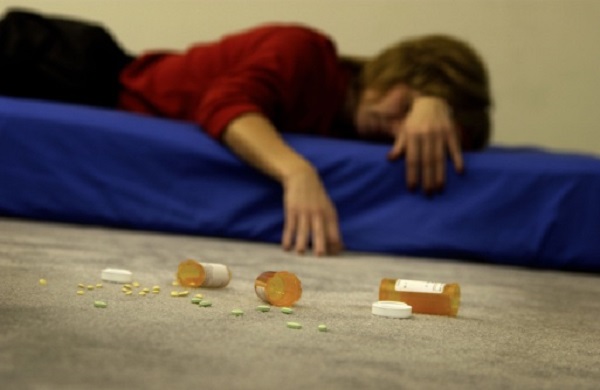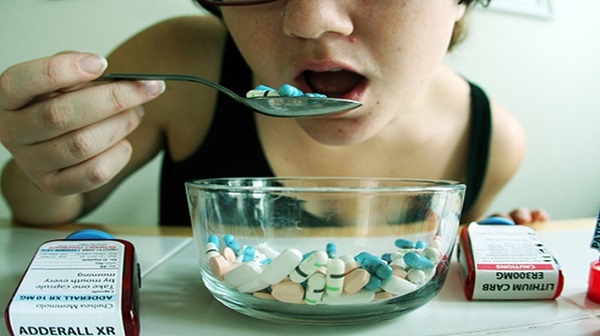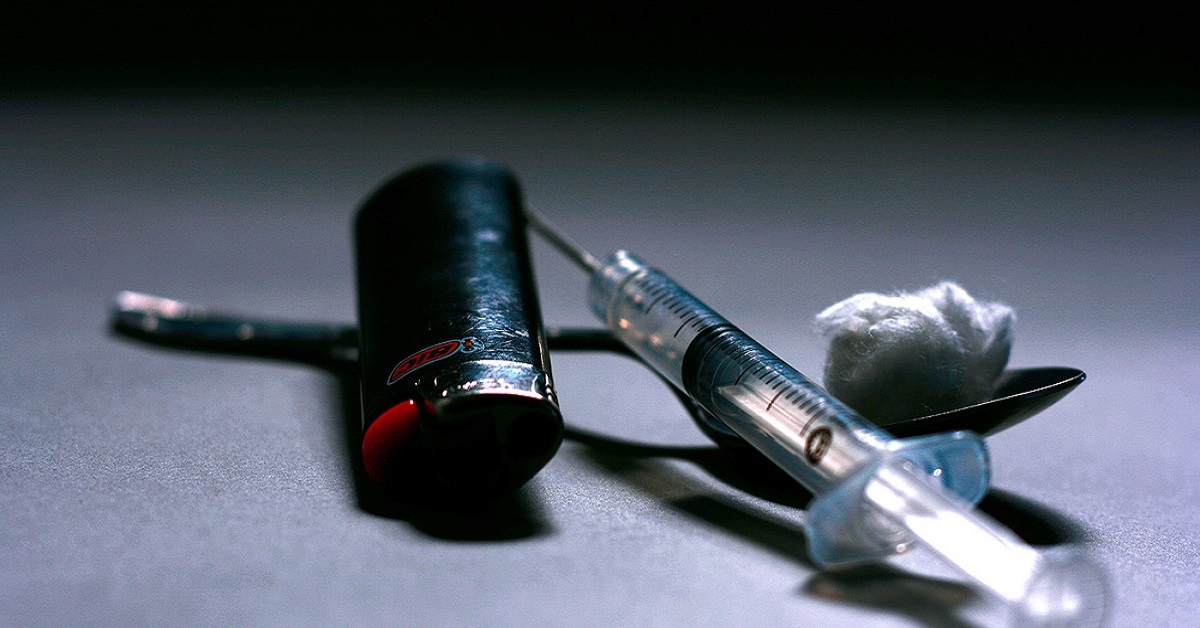Any type of abuse is harmful, but drug and alcohol abuse could be lethal as well, irrespective of the label linked to it. Drug addiction and dependence are two closely related terminologies that are often mixed. Let’s find out what exactly is the difference between these two distinctions.
People who are dependent on drugs or alcohol face a severe physical dependence on the substance. This means the person has built up a tolerance to the substance and would experience withdrawal symptoms if they stopped drinking or using certain drugs. Due to this, a person can be dependent on a substance without necessarily being addicted to it. Dependence is considered the first stage in addiction.

On the other hand, a person becomes addicted to a substance after their habits create changes in the brain that affect their behavior. Addiction usually happens after prolonged substance misuse. People addicted to drugs and alcohol have trouble functioning without substances and act irrationally when they don’t have access to their drug of choice.
Both alcohol and drug dependence and addiction can severely affect a person’s ability to live everyday life. Addicts spend most of their time thinking about or using drugs, even if it causes harm to themselves or the people around them. People dependent on a substance may not have the same intense cravings, but they still feel like they need drugs or alcohol to feel their best or certain numb emotions.
Drug Dependence vs. Drug Addiction
People sometimes use the terms “addiction” and “dependence” interchangeably. Dependence is not the same as addiction.
Drug Addiction
A person can be addicted without being dependent on drugs. Addiction can involve:
- Continuous use of drugs despite the consequences
- The state of helplessness-when a person cannot stop using drugs
- Neglecting work obligations and social responsibilities due to drug use
Drug Dependence
It’s possible to be dependent on drugs without being addicted. Dependence can be a bodily response to a substance. This often occurs if you rely on medications to control a chronic medical condition. These conditions include diabetes, glaucoma, and high blood pressure.

Dependence may involve:
- Presence of all or some symptoms of addiction
- The body develops high tolerance to the drug used and needs higher potency doses at infrequent intervals.
- Suffering from physical symptoms of withdrawal when a drug is not available to the body
How drug abuse can lead to dependence
National Institute estimates on Drug Abuse that approximately 22.7 million Americans are in dire need of help to treat alcohol and drug problems. Sometimes, a prescribed medicine can help to relieve pain, but this can lead to substance use disorder, which is severe.
The following are known triggers for substance use disorders:
- having a family history of addiction
- surrounded in an environment where illegal drugs are frequently used and easy to access
- having a history of anxiety
- having a history of depression
- having a history of other mental health conditions
Getting Treatment for Dependence and Addiction
If an individual suffers from addiction or dependence on any form of drug, it has a solution. Seeking help from professionals in this field can help this substance abuse disorder to end, and a complete recovery is possible if constant supervision is provided to victims of this disease.
Mental health professionals usually recommend a combination of therapies to treat drug addiction and dependence. These therapies include self-care, lifestyle changes, talk therapies, and potential medication. Prescribing medication can help recovering addicts manage withdrawal symptoms, but it can also be risky for people who are already prone to addiction.

Irrespective of the severity of addiction or dependence, it is not recommended to stop using drugs or alcohol completely. It can be deadly for people suffering from severe long-term addictions. This is especially true for people who need to medically detox to rid their bodies of built-up chemicals and toxins.
If a person needs to medically detox, they should find a detox center or rehab facility specializing in those treatments. Medical detoxes are usually done in inpatient or hospital settings rather than in outpatient facilities. A clinician oversees medical detoxes and uses medications and other methods to help people safely go through the withdrawal process. Once a person successfully detoxes from drugs or alcohol, they can enter an outpatient recovery program that focuses on psychotherapy, family therapy, self-care, and other forms of long-term treatment. Getting treatment after detoxing also helps addicts learn how to manage life without abusing addictive substances, reducing the risk of relapse.





0 Comments